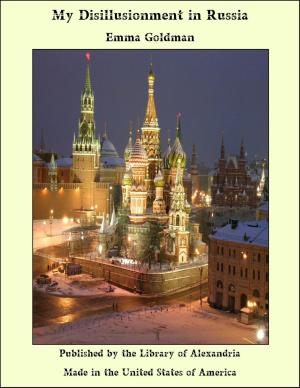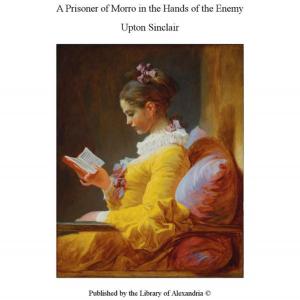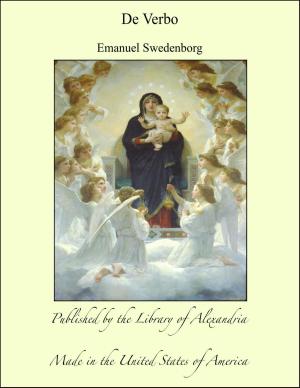Letters to Madame Hanska: 1833-1846
Nonfiction, Religion & Spirituality, New Age, History, Fiction & Literature| Author: | Honor de Balzac | ISBN: | 9781465615039 |
| Publisher: | Library of Alexandria | Publication: | March 8, 2015 |
| Imprint: | Language: | English |
| Author: | Honor de Balzac |
| ISBN: | 9781465615039 |
| Publisher: | Library of Alexandria |
| Publication: | March 8, 2015 |
| Imprint: | |
| Language: | English |
Madame,—I entreat you to completely separate the author from the man, and to believe in the sincerity of the sentiments which I have vaguely expressed in the correspondence you have obliged me to hold with you. In spite of the perpetual caution which some friends give me against certain letters like those which I have had the honour to receive from you, I have been keenly touched by a tone that levity cannot counterfeit. If you will deign to excuse the folly of a young heart and a wholly virgin imagination, I will own that you have been to me the object of the sweetest dreams; in spite of my hard work I have found myself more than once galloping through space to hover above the unknown country where you, also unknown, live alone of your race. I have taken pleasure in comprehending you among the remains almost always unfortunate of a dispersed people, a people scattered thinly over the earth, exiled perhaps from heaven, but of whom each being has language and sentiments to him peculiar and unlike those of other men,—delicacy, choiceness of soul, chasteness of feeling, tenderness of heart, purer, sweeter, gentler than in the best of other created beings. There is something saintly in even their enthusiasms, and calm in their ardour. These poor exiles have all, in their voices, their words, their ideas, something, I know not what, which distinguishes them from others, which serves to bind them to one another in spite of distance, lands, and language; a word, a phrase, the very sentiment exhaled in a look are like a rallying call which they obey; and, compatriots of a hidden land whose charms are reproduced in their memories, they recognize and love one another in the name of that country toward which they stretch their arms. Poesy, music, and religion are their three divinities, their favourite loves; and all these passions awake in their hearts sensations that are equally powerful.
Madame,—I entreat you to completely separate the author from the man, and to believe in the sincerity of the sentiments which I have vaguely expressed in the correspondence you have obliged me to hold with you. In spite of the perpetual caution which some friends give me against certain letters like those which I have had the honour to receive from you, I have been keenly touched by a tone that levity cannot counterfeit. If you will deign to excuse the folly of a young heart and a wholly virgin imagination, I will own that you have been to me the object of the sweetest dreams; in spite of my hard work I have found myself more than once galloping through space to hover above the unknown country where you, also unknown, live alone of your race. I have taken pleasure in comprehending you among the remains almost always unfortunate of a dispersed people, a people scattered thinly over the earth, exiled perhaps from heaven, but of whom each being has language and sentiments to him peculiar and unlike those of other men,—delicacy, choiceness of soul, chasteness of feeling, tenderness of heart, purer, sweeter, gentler than in the best of other created beings. There is something saintly in even their enthusiasms, and calm in their ardour. These poor exiles have all, in their voices, their words, their ideas, something, I know not what, which distinguishes them from others, which serves to bind them to one another in spite of distance, lands, and language; a word, a phrase, the very sentiment exhaled in a look are like a rallying call which they obey; and, compatriots of a hidden land whose charms are reproduced in their memories, they recognize and love one another in the name of that country toward which they stretch their arms. Poesy, music, and religion are their three divinities, their favourite loves; and all these passions awake in their hearts sensations that are equally powerful.















